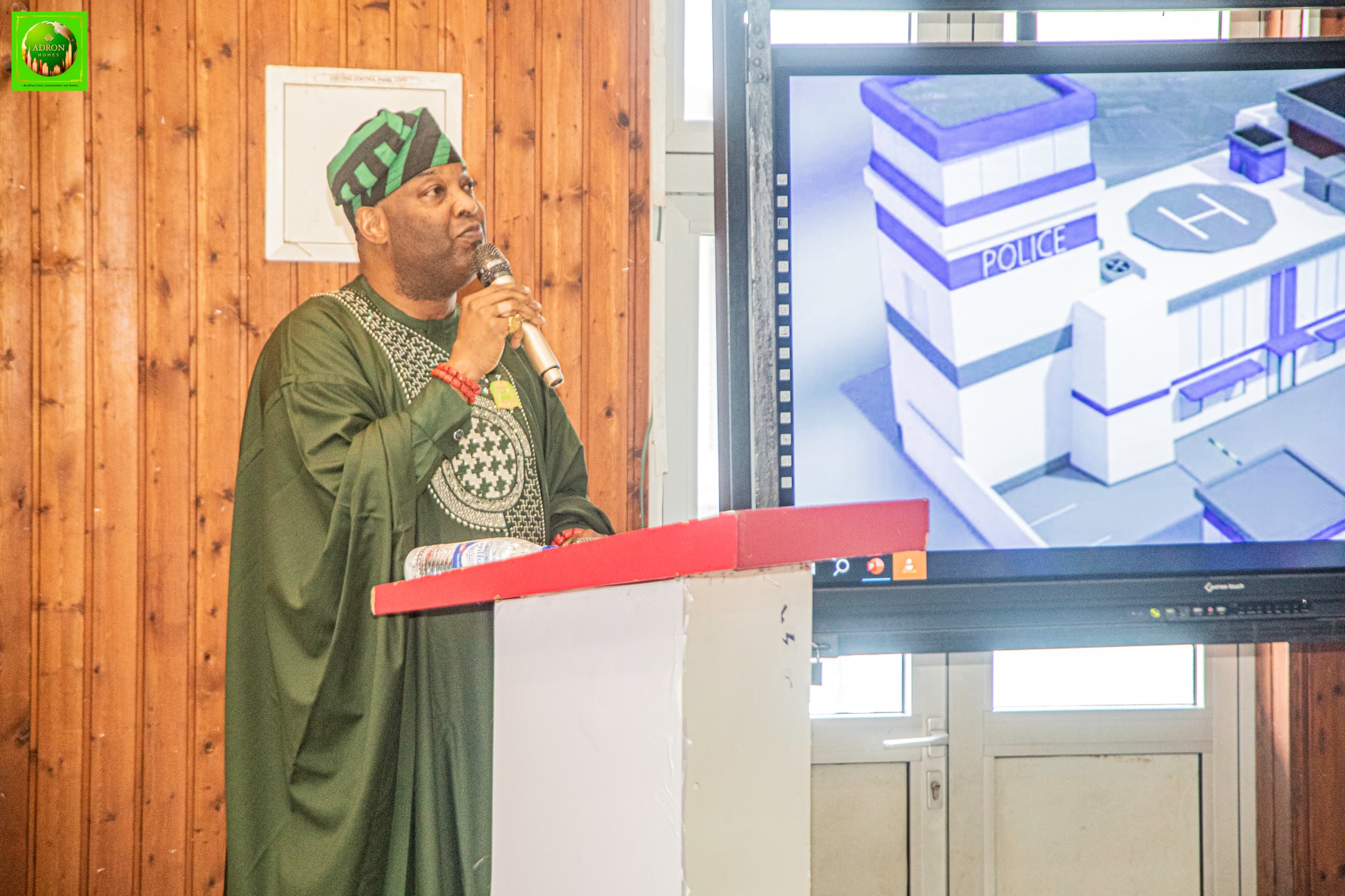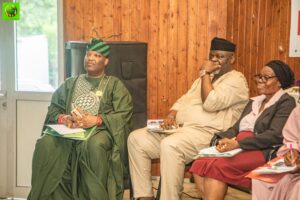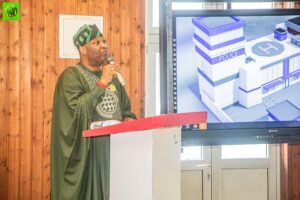The Independent National Electoral Commission (INEC) has commenced replacing manual voting with an automated voting system, as part of the efforts to migrate fully to electronic voting as soon as enabling legislation is put in place.
The National Chairman of INEC, Prof. Mahmood Yakubu, who disclosed this yesterday in Abuja, assured Nigerians that the commission has taken another decisive step towards the full automation of the electoral process.
According to him, INEC has invited 40 manufacturers of Electronic Voting Machines (EVMs) around the world to practically demonstrate how the machines could work, preparatory to full migration.
Yakubu said due to the deployment of the election technology, the commission can now upload real-time, election results for public view.
He noted that INEC used this technology during the Edo State governorship election, where election results were uploaded in the portal: www inecelectionresults.com
Yakubu described the planned demonstration of the use of EVMs as a giant step in the commission’s continuous effort to deepen electoral integrity in Nigeria through the deployment of technology.
He explained that over the years, the commission has been automating the critical pillars of the process as the biometric register of voters has been updated continuously.
“At the moment, the INEC register of voters is the largest database of citizens in Nigeria,” he said.
In addition to this, Yakubu said the combination of biometric voters’ cards commonly known as the Permanent Voter’s Card (PVC), and the Smart Card Reader (SCR) has revolutionized the accreditation of voters during elections.
He also explained that the introduction of a number of portals has facilitated the seamless nomination of candidates for elective offices by political parties as well as the accreditation of observers and the media.
“Most significantly, the commission now uploads polling unit level results in real-time on Election Day to a portal for public view. These are significant innovations that have deepened the transparency and credibility of elections and the electoral process in Nigeria,” he added.
Yakubu explained: “For some time now, the commission has been working on the deployment of technology in voting during elections to replace the current manual system which is tedious and requires enormous logistics to deliver huge quantities of printed materials and a large number of ad hoc staff to administer the process.
“To this end, the commission developed the specifications of the functions required of the machine. After extensive discussion and review, the commission took the decision to invite original manufacturers of Electronic Voting Machines (EVMs) around the world for a virtual or practical demonstration of the machines.
“Over the years, the commission has been automating the critical pillars of the process.
“The biometric register of voters has been updated continuously. At the moment, the INEC register of voters is the largest database of citizens in Nigeria.
“In addition, the combination of biometric voters’ cards commonly known as the Permanent Voter’s Card (PVC) and the Smart Card Reader (SCR) have revolutionized the accreditation of voters during elections.
“More recently, the introduction of a number of portals has facilitated the seamless nomination of candidates for elective offices by political parties as well as the accreditation of observers and the media.
“Most significantly, the commission now uploads polling unit level results in real-time on Election Day to a portal for public view.
“These are significant innovations that have deepened the transparency and credibility of elections and the electoral process in Nigeria.”
To actualize this new election technology, Yakubu said that the over 40 companies that indicated interest will have to demonstrate to the commission how their IT solutions will meet INEC specifications.
He emphasized that this would only be a demonstration that would enable the commission to evaluate the available technology and where necessary fine-tune its specifications before proceeding to the next stage, which would involve the participation of stakeholders.
Details of the next steps, he said, would be given at the end of the demonstrations.
He stated that the commission is aware that Nigerians want INEC to deepen the use of technology in elections.
“Let me reassure Nigerians that the commission is committed to expediting the process leading to the deployment of EVMs in elections in earnest,” he said.
INEC has continuously stated that it would adopt complete electronic voting in the 2021 Anambra State governorship election.
It, however, said this is subject to the approval of proposed amendments of the electoral laws currently before the National Assembly.

 BIG STORY2 days ago
BIG STORY2 days ago
 BIG STORY3 days ago
BIG STORY3 days ago
 BIG STORY1 day ago
BIG STORY1 day ago
 BIG STORY3 days ago
BIG STORY3 days ago
 BIG STORY2 days ago
BIG STORY2 days ago
 BIG STORY3 days ago
BIG STORY3 days ago
 BIG STORY3 days ago
BIG STORY3 days ago
 BIG STORY2 days ago
BIG STORY2 days ago


























